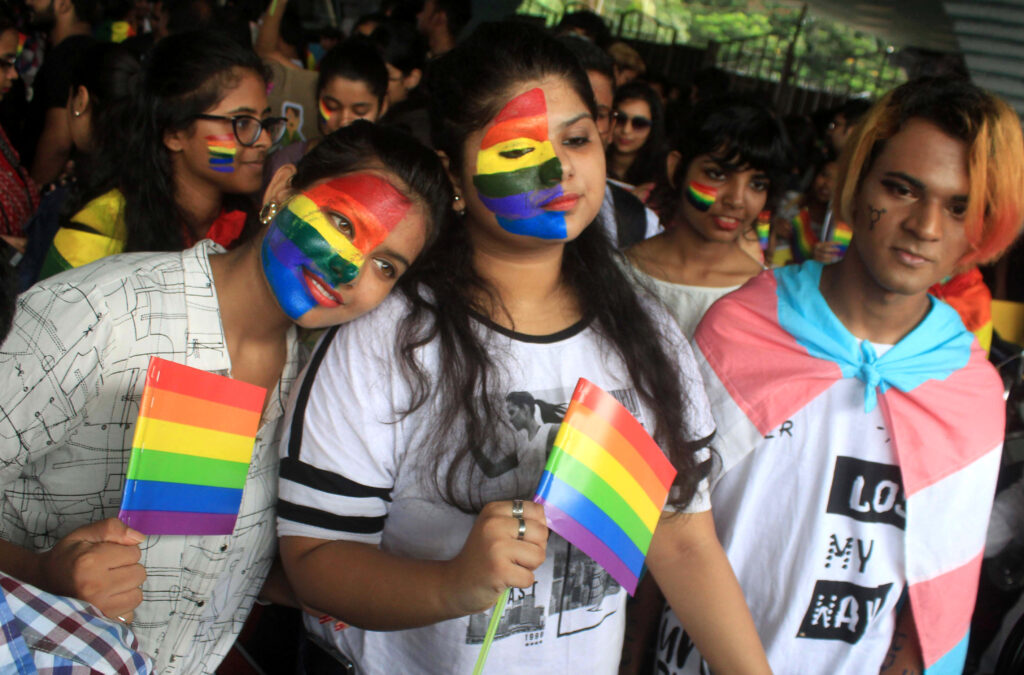
On Monday, the Madras High Court ordered the state government and national authorities to draught proposals for extensive reforms to preserve LGBT rights, in a decision that went well beyond the restricted limits of a lawsuit brought by a lesbian couple who claimed police harassment.
The Madras High Court’s Justice Anand Venkatesh decided in favour of the couple, who had alleged that police had harassed them after their parents filed a missing persons report.
The court also took advantage of the opportunity to make a wide decision calling for the end of what he called “illegal discrimination” against LGBTQ people. He directed state and federal government agencies to submit a report outlining their plans to comply.
Police and government personnel should be given awareness training to ensure that they respect LGBT rights, according to his proposals. Medical licences should be withdrawn for anyone who claim to be able to “cure” homosexuality.
Gender-neutral bathrooms should be offered in institutions, and gender-nonconforming or trans convicts should be kept separately if necessary to protect them from sexual abuse.
“Ignorance is no justification for normalizing any form of discrimination,” Justice Venkatesh wrote in his order. Educators should reach out to parents, to help “sensitize parents on issues of LGBTQIA+ community and gender nonconforming students, to ensure supportive families,” his order read.
The order was praised by activists as a significant step toward equality for marginalised communities. Although the court could not enforce such sweeping change with a single judgement, government agencies could not disregard the order to report back on their compliance plans, and the judge’s reasoning may serve as precedent in future instances.
“This is the first big order that tackles most concerns facing the whole LGBTQIA+ population and offers clear directives,” said L Ramakrishnan, vice-president of SAATHII, a public health advocacy group located in Chennai.
I am hopeful of change given the judge has indicated he would follow up on the directions on a regular basis,” he said.
In reaching his ruling, the judge said he had sought information on same-sex relationships from a psychologist.








